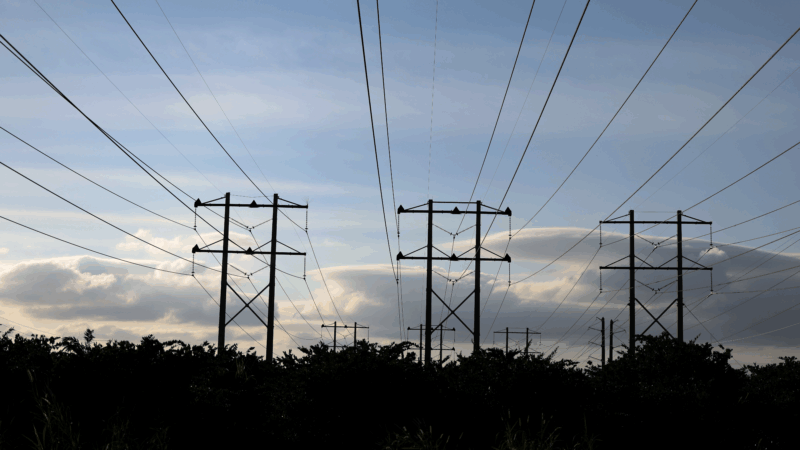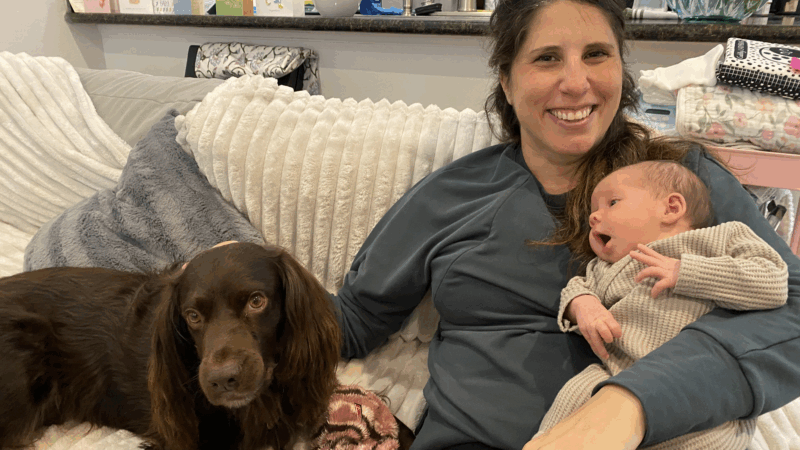Over 50 universities are under investigation as part of Trump’s anti-DEI crackdown
The U.S. Department of Education has launched investigations into 52 universities in 41 states, accusing the schools of using “racial preferences and stereotypes in education programs and activities.”
On Friday, the department’s Office of Civil Rights said that 45 schools, particularly their graduate programs, violated the 1964 Civil Rights Act by partnering with The PhD Project, a nonprofit that helps students from underrepresented groups earn doctoral degrees in business. The program focuses on supporting Black, Latino and Native American students.
The Education Department alleges that The PhD Project limits eligibility based on the race of participants, and therefore, universities involved with the organization are engaging in “race-exclusionary practices.”
“Students must be assessed according to merit and accomplishment, not prejudged by the color of their skin. We will not yield on this commitment,” Education Secretary Linda McMahon said in a statement.
In response to the allegations, The PhD Project told NPR, “Our vision is to create a broader talent pipeline of current and future business leaders…” The organization added, “This year, we have opened our membership application to anyone who shares that vision.”
The schools under investigation include dozens of state schools and two Ivy Leagues, namely Cornell and Yale. A number of private schools are also facing scrutiny, include Duke, Emory, Georgetown, Vanderbilt, Rice, Massachusetts Institute of Technology, and New York University. The full list of schools is here.
Six additional institutions of higher education are being probed for awarding alleged “impermissible race-based scholarships.” Another one has been accused of “administering a program that segregates students on the basis of race.”
The seven schools affected are: Grand Valley State University; Ithaca College; New England College of Optometry; University of Alabama; University of Minnesota, Twin Cities; University of South Florida; and University of Oklahoma, Tulsa School of Medicine. The Department of Education did not respond to NPR’s request to clarify which school is being accused of segregation.
Lynn Pasquerella, the president of the American Association of Colleges and Universities, told NPR that she has been talking to administrators from schools named in the inquiry.
“They’re feeling beleaguered. They’re feeling overwhelmed,” she said. “There’s a deep sense of moral distress.”
Pasquerella said the Education Department is conflating efforts to provide an inclusive learning environment with violating civil rights obligations. “ It’s another example of governmental overreach into institutional autonomy, into academic freedom, in ways that go against what’s already established legal precedent,” she added.
The department’s inquiries come a month after it issued a letter warning institutions to stop using “race-based preferences” in admissions, financial aid, hiring, training and other areas or risk losing federal funding. The directive specifically accused American educational institutions of discriminating against white and Asian students.
Two of the country’s largest teacher unions — the National Education Association and the American Federation of Teachers — have filed separate federal lawsuits against the Education Department memo, arguing that it was unfounded and vague.
The letter and the onslaught of investigations are all part of the Trump administration’s aim to ban diversity, equity and inclusion programs in the name of fighting “wokeness.”
The Education Department has also been investigating 60 universities over allegations of antisemitic discrimination. A handful of schools are involved in both sets of investigations, including Cornell, George Mason, Rutgers, Yale, University of Wisconsin, Madison, and University of Washington-Seattle.
Earlier this week, the department warned that universities could face “potential enforcement actions” if officials determine that schools failed to protect Jewish students on campus.
The growing number of investigations against higher education institutions also comes as the Education Department faces drastic cuts in staff. This week, at least 240 employees in the department’s Office for Civil Rights were laid off, many of whom were attorneys who investigate complaints from families who believe a school has discriminated against their child.
In a recent op-ed published to Higher Ed Dive, Marjorie Hass, the president of the Council of Independent Colleges, said “hundreds — maybe thousands — of college leaders have been on Capitol Hill in the last few weeks” in an effort to fight the threats facing higher education.
“College presidents are not a monolith,” Hass wrote. “But the ones I know care deeply about protecting the things that are essential for student success: financial aid, a climate of free inquiry, support for students of all identities, and free speech.”
Trump’s Board of Peace has several invited leaders trying to figure out how it’ll work
It's unclear how many leaders have been asked to join the board, and the large number of invitations being sent out, including to countries that don't get along, has raised questions about the board's mandate and decision-making processes.
Researchers find Antarctic penguin breeding is heating up sooner
Warming temperatures are forcing Antarctic penguins to breed earlier and that's a big problem for two of the cute tuxedoed species that face extinction by the end of the century, a study said.
As Trump dismantles the existing world order, his version is still taking shape
In his second term, the president is embracing a foreign policy that breaks sharply from U.S. tradition. Both supporters and critics say he's upending a global system in place for 80 years.
Trump promised to cut energy bills in half. One year later, has he delivered?
Cheap gasoline, yes. Drill, baby, drill? Not so much. And electricity bills are going up, not down.
Polyester clothing has been causing a stir online. But how valid are the concerns?
There has been a lot of conversation on social media about the downsides of polyester. But are those downsides as bad as they're believed to be? Are there upsides?
New Orleans brings back the house call, sending nurses to visit newborns and moms
Louisiana has long struggled with maternal and infant mortality. In New Orleans, free home visits by nurses help spot medical problems early. It's a reproductive health policy with bipartisan support.








